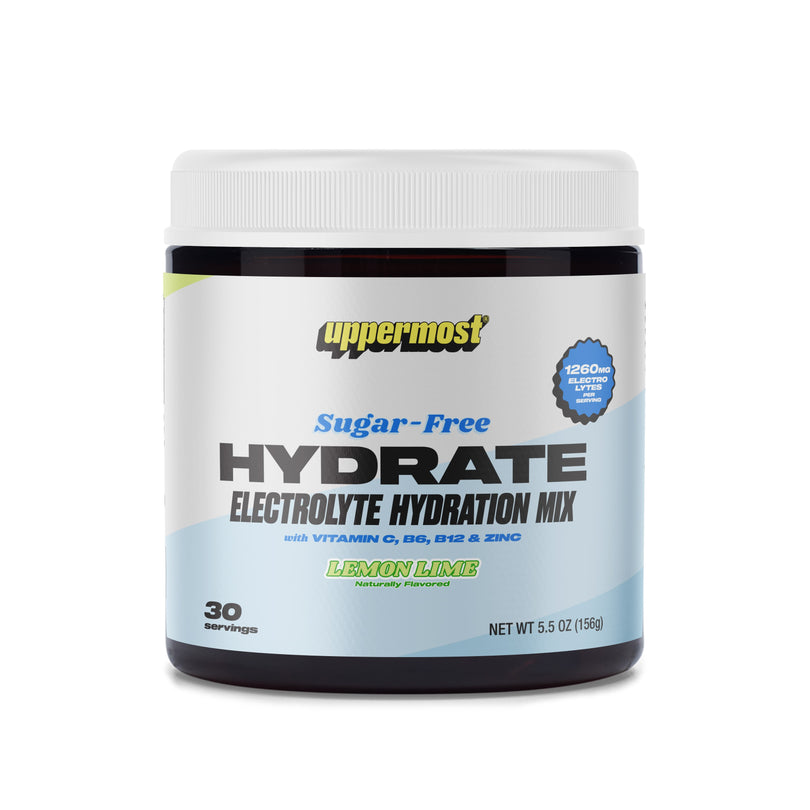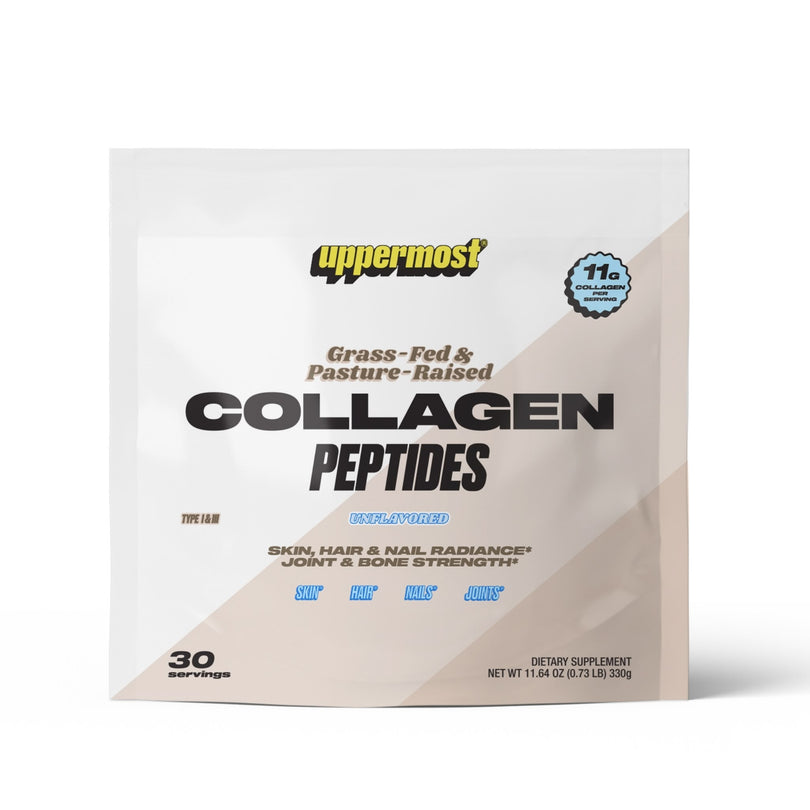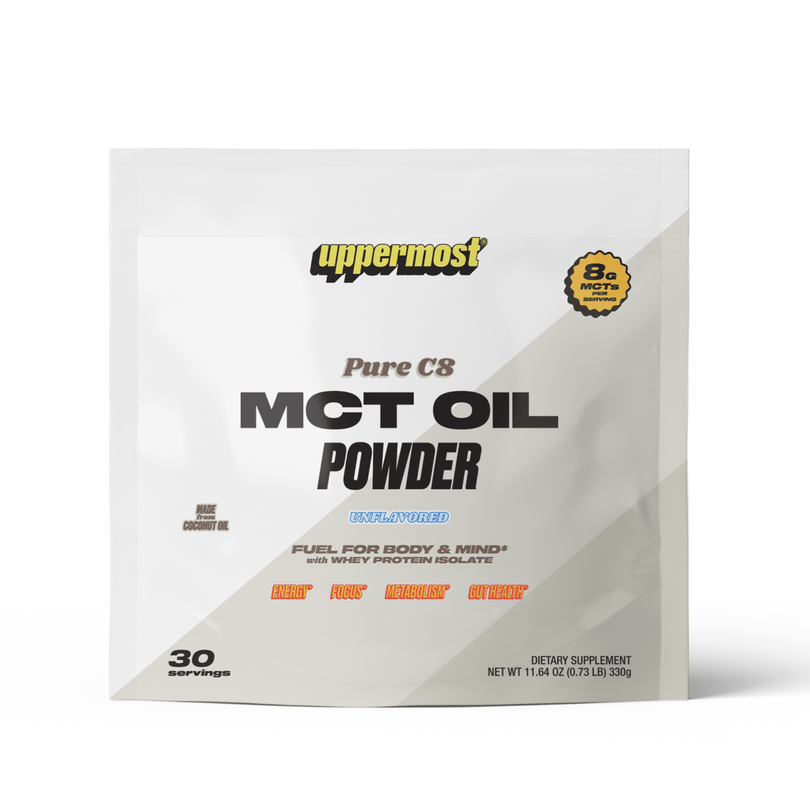The Essential Role of Magnesium in Human Health
What is Magnesium?
Magnesium is a crucial mineral that supports various vital functions within the human body. It plays an essential role in numerous biochemical reactions, including food metabolism, energy production, and the maintenance of healthy bones and teeth. Despite its importance, many individuals do not meet their recommended magnesium intake. This article explores the benefits of magnesium, ways to increase your dietary intake, and the symptoms of magnesium deficiency.
Benefits of Magnesium
Magnesium serves several critical functions, including:
-
Energy Production: Magnesium is integral to converting food into usable energy. It activates adenosine triphosphate (ATP), the molecule that transports energy within cells. Without sufficient magnesium, energy production can be impaired.
-
Protein Synthesis: This mineral plays a key role in the synthesis of proteins, essential for tissue growth and repair. It aids in the creation of new cells and supports muscle recovery after exercise.
-
Bone and Dental Health: Magnesium contributes to maintaining strong bones and healthy teeth by regulating calcium levels and supporting bone density. It is particularly important for older adults, who are at increased risk for osteoporosis and fractures.
-
Blood Pressure Regulation: Magnesium helps regulate blood pressure by relaxing blood vessels and improving circulation. A diet rich in magnesium may lower the risk of hypertension and cardiovascular disease.
-
Immune System Function: This mineral is vital for a robust immune response, as it can help reduce inflammation and support the body in fighting infections. It may also provide relief for individuals with asthma and migraines.
How to Increase Magnesium Intake
To boost your magnesium levels, consider incorporating the following foods into your diet:
-
Leafy Green Vegetables: Spinach, kale, and Swiss chard are excellent sources of magnesium.
-
Nuts and Seeds: Almonds, cashews, pumpkin seeds, and sunflower seeds are not only nutritious but also rich in magnesium.
-
Whole Grains: Quinoa, brown rice, and whole grain bread provide substantial amounts of this mineral.
-
Other Sources: Beans, avocados, bananas, and dark chocolate are also good sources of magnesium and can be easily integrated into various meals.
-
Hydration Products: Our hydration product contains magnesium, making it a convenient way to replenish this essential mineral while keeping you hydrated. It’s designed for athletes and active individuals who need to maintain their electrolyte balance during workouts or physical activities.
Symptoms of Magnesium Deficiency
If you are not getting enough magnesium in your diet, you may experience several symptoms, including:
-
Muscle Cramps and Weakness: Insufficient magnesium can lead to muscle spasms, cramps, and overall weakness.
-
Fatigue: Low magnesium levels may result in tiredness and a general lack of energy.
-
Nausea and Loss of Appetite: Deficiency can cause gastrointestinal issues, leading to feelings of nausea and reduced appetite.
In severe cases, magnesium deficiency can lead to more serious health problems, such as heart arrhythmias, seizures, and metabolic disorders.
Conclusion
Magnesium is an essential mineral that plays a critical role in numerous bodily functions, from energy production to maintaining bone health. Ensuring that you consume adequate magnesium through a varied diet—rich in leafy green vegetables, nuts, seeds, and whole grains—is vital for overall well-being. Our hydration product provides an easy and effective way to replenish your magnesium levels, especially for those engaged in physical activity. If you suspect you may be experiencing symptoms of magnesium deficiency, it is advisable to consult with your healthcare provider to discuss potential dietary adjustments or supplementation.



